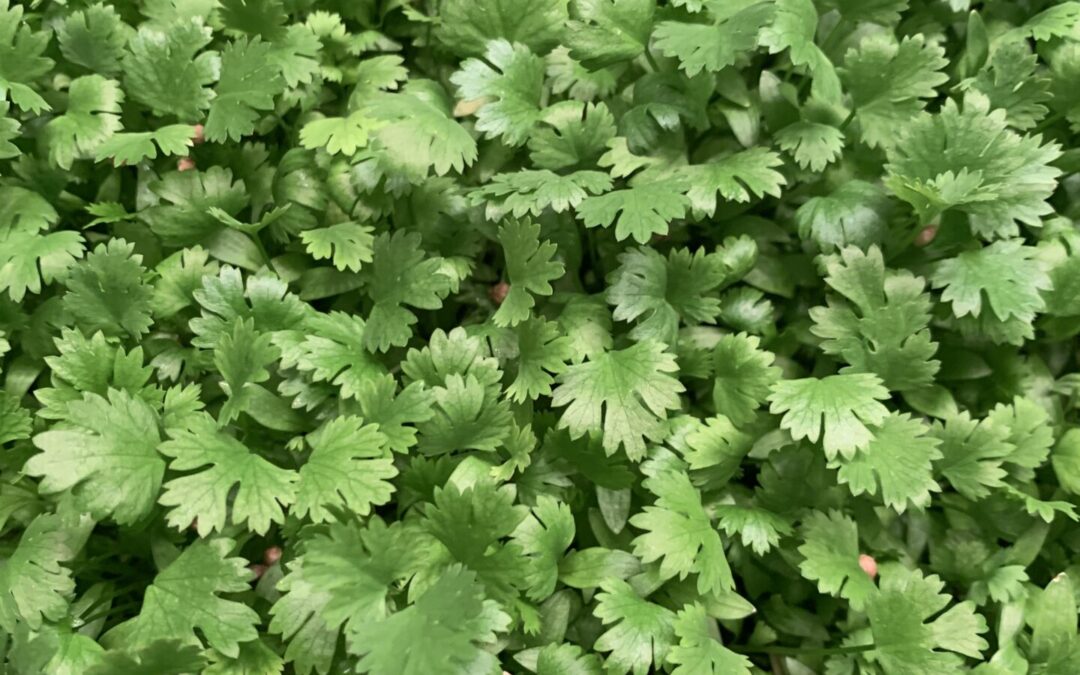What is oxidative stress, and how do we lower it?
In our fast-paced world, oxidative stress may seem like yet another fad in the health and wellness world. However, understanding what it is and how it impacts our well-being is crucial for maintaining optimal health. By incorporating organic food choices and embracing mindful living practices, we can take significant steps towards reducing oxidative stress and enhancing our overall quality of life.
What is Oxidative Stress?
It’s like when an old car is left out in the rain rusting. It’s a natural process caused by an imbalance between free radicals and antioxidants in the body. Free radicals are unstable molecules with unpaired electrons, act like rust on our cells and genetic material, such as DNA. These free radicals occurs during various metabolic processes and diet choices, but can also be triggered by external factors like pollution, EMF, WiFi and UV radiation. Just as rust corrodes the car’s metal, free radicals corrode our cells and tissues, causing damage over time. Just like the car, your body needs the right fuel and regular maintenance in order to fight disease.

How Does Oxidative Stress Harm Us?
The harm caused by oxidative stress is substantial and can lead to many different diseases.
It accelerate the aging process, leading to premature wrinkles, fine lines, and reduced skin elasticity.
It also weaken the immune system, making the body more susceptible to infections and illnesses, and is linked to the development of chronic diseases such as heart disease, diabetes, cancer, Alzheimer’s and Parkinson’s, and it also triggers chronic inflammation.
What Can You Do?
The Right Fuel
Eating a balanced diet and living a mindful lifestyle will help lover oxidative stress. Foods like organic fruits and vegetables are typically packed with antioxidants. These antioxidants play a vital role in neutralizing free radicals and thereby diminishing oxidative stress.
Organic farming practices refrain from using synthetic pesticides and chemicals, which ultimately curtails the intake of harmful toxins associated with oxidative stress.
Furthermore, organic foods are known for their nutrient density, offering a rich source of essential vitamins and minerals that bolster the body’s antioxidant defense system.
Mindful Living Practices
Making sure to get quality sleep helps the body in its repair and regeneration processes, minimizing cellular damage caused by excess oxidation. Incorporating mindfulness practices before bedtime can enhance sleep quality and contribute to a healthier, more balanced state.
Engaging in routine physical activity stimulates the production of antioxidants, which act as defenders against oxidative harm. Additionally, combining mindful exercise with mindfulness techniques offers a potent strategy to alleviate oxidative stress and promote overall well-being.
My “Seven Steps”
When it comes to a balanced lifestyle, these steps will help you reduce the oxidative stress in your body. Here is a short overview of my “Seven Steps”
Food
Eat a diet rich in organic locally grown berries, fruits, vegetables, grass fed and grass finished animals, eggs from free range chickens and wild caught fish to provide essential nutrients and antioxidants.
Water
Stay hydrated with clean, filtered water to support cellular processes and detoxification. A good rule of thumb is to drink half your body weight in ounces every day.
Sleep
Prioritize quality sleep and relaxation for optimal cellular repair. Lack of good sleep will affect your immune system, your hormone balance, your cardio vascular system, your appetite and your stress level
Exercise
Doing regular physical activity that you enjoy will help boost your overall health and reduce oxidative stress. You build muscle and loose fat, but more importantly you help lymphs stay active and move those harmful toxins out of your system
Fresh Air
Spend time outdoors, connecting with nature to helps reduce oxidative stress and improve overall health.
Go for a 30 minute walk every single day. Fresh Air helps you clear your head, fills you with new energy and brings fresh oxygen to your cells. It will also benefit your immune system, your digestive system and your mood
Silence
Practicing mindfulness and meditation helps reduce stress as well as oxidative stress and enhance mental well-being. We are surrounded with a constant stream of noice stimuli, so when practicing 15 minutes of silence twice daily you will quit your brain, relax your body and recharge your batteries.
Silence also gives you mental strength, self esteem, motivation and joy
Gratitude
Cultivate a mindset of gratitude, focusing on positivity and reducing the mental stress that contributes to oxidative stress. Gratitude is one of the most powerful tools we have. When writing at least 5 things you are Grateful for every single day, you will experience a positive shift in your life, both physically and mentally. It also helps you reduce trauma, aches and pain and helps increase your positive outlook and energy level



